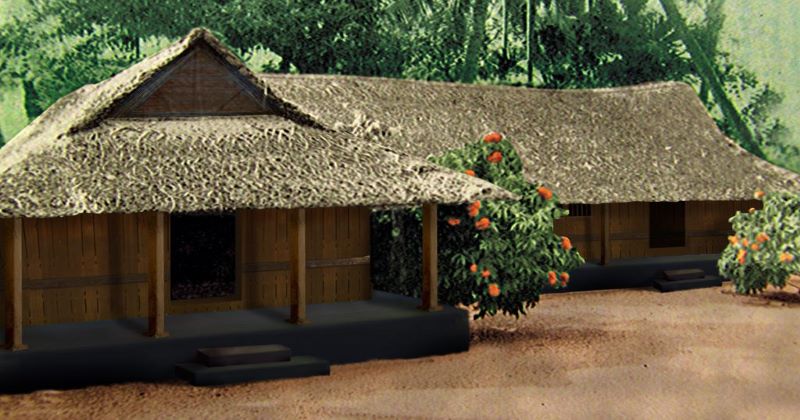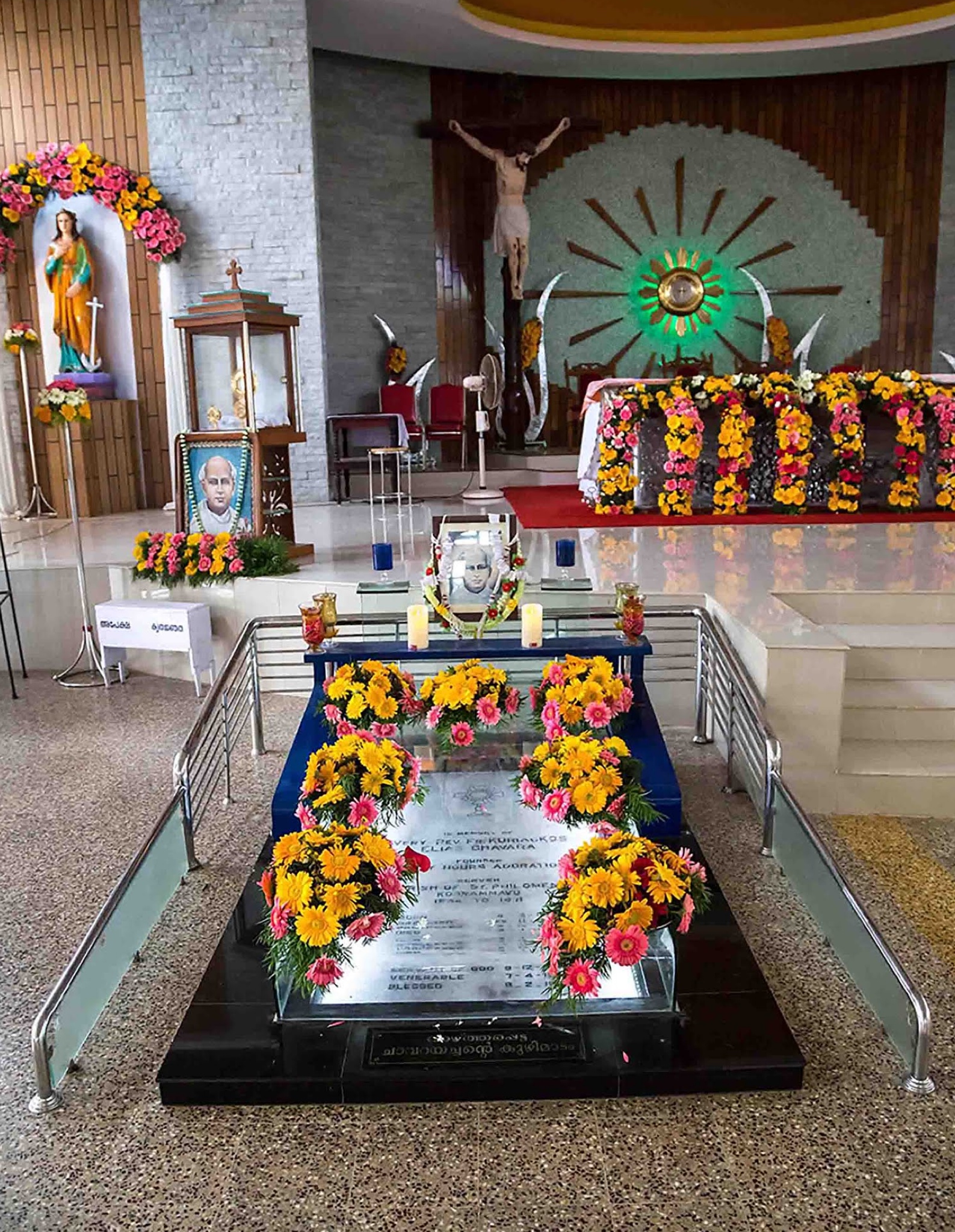Today, Syro-Malabar Church celebrates the feast of Saint Kuriakose Elias Chavara, a teacher, a social reformer, a priest and above all a Saint.
The Legacy of Saint Kuriakose
Kuriakose Elias Chavara was born on February 10, 1805, in Kainakary, Kerala. He received the greatest honour any Catholic could receive, the honour of Sainthood. Canonized by Pope Francis himself, Kuriakose Elias Chavara so fondly called as “Chavara achan” is remembered as a Saint and a strong moral influencer in the life of each catholic in Kerala. Many are not familiar with the Social reformer that Fr Kuriakose was and the strong and impactful life that he led.
As a child, Kuriakose attended a village school where he learned elementary sciences and languages. Still a teenager, he answered the call of God and entered the seminary in 1818. Elias joined the congregation known as the ‘Servants of the Immaculate Conception’, formed by Father Thomas Palackal and Father Thomas Porukara. This congregation, which included Brother Jacob Kanianthara, later became the congregation known as the Carmelites of Mary Immaculate (CMI). Elias was the first ordained priest from ‘Servants of the Immaculate Conception’. By then, Father Thomas Palackal and Father Thomas Porukara had passed away. In 1855, ‘Servants of the Immaculate Conception’ was canonically approved and renamed Carmelites of Mary Immaculate (CMI).

Saint Chavara Kuriakose Elias's house at Kainakary
As a priest, one of the most important things Kuriakose did was bring about social reforms for the people. Although he came from a relatively higher class, most of the work done was to help the lower-class citizens and educate the poor. Not only did he establish the first Catholic Sanskrit school at Mannanam and a school in Arpookara, a village in Kottayam, Kuriakose also emphasized on educating everyone. He was the first Indian who dared to admit the “untouchables” and lower castes of the society into his school. Not only did he admit them he also taught them Sanskrit, knowing very well that it was forbidden to teach Sanskrit to those of the lower castes. Kuriakose took the bold step of breaking the existing rule to challenge the flawed caste system and the inhuman societal norms.
Although this alone was a major challenge, Kuriakose did not stop with this reform. He managed to convince Archbisop Bernard Beccinelli, the then head of the Vicariate of Verapoly to issue a circular, which made it necessary for all parishes to establish a school attached to the church. After the order was made, Fr Kuriakose personally reached out to the parishes in order to implement the new rule. He made sure that parishes followed the rule and that the institutes were built. Most historians cite this to be the reason that Kerala is so well educated. The current literacy rate in India is only about 74%, but the literacy rate in Kerala is about 98%. This huge distinction is because of the impact Fr Kuriakose was able to make in the society of Kerala. His attempts to spread education to all regions and make it available to people of all religions and social classes has shaped Kerala into what it is today.

Tomb of Saint Chavara Kuriakose Elias at Mannanam
It will take pages to list the several accomplishments of Saint Kuriakose. He established a mid-day meal program in his schools, so that the poor kids would have something to eat. This was so successful that it was implemented by the ruler in all the government run schools and is still in effect to this day. He also started a charity called 'Pidiyari', which was meant to raise money from all over in order to provide food and meals to the poor. He was the first Malayali to establish a Printing Press without the help of a foreigner and established the third one in Kerala. This led to the establishment of the first Malayalam daily which is still in circulation, the “Nasrani Deepika”. Fr Kuriakose was an essential element in finding the CMI Congregation and the CMC congregation for women.
After his demise in 1871, he was beatified in 1986 and canonized on November 23, 2014. He spent his whole life following the teachings of Jesus and helping people in need. He not only attended to the social and spiritual needs of hundreds of people, but also helped to resolve many societal issues, thus helping thousands more. Fr Kuriakose Elias Chavara is a historical figure and a social reformer who left his signature in the history of Kerala most notably the states literacy field.
The significant presence of Fr Chavara, a neglected social reformer, cannot be found in the historical texts of the Kerala Renaissance or in the history of the nineteenth century Malayalam poetry. Few people acknowledge the unique and historical contribution of Fr Kuriakose beyond the reference to printing in Kerala in the nineteenth century. This is also the case when it comes to the History of literacy. The history of Malayalam poetry of the twentieth century is limited to the poetry of a few Namboodiri poets. It was this distorted tradition of fornication that was later transformed by Narayana Guru and Kumaran Asan. Many have forgotten that it was Father Kuriakose who had initiated this transformation and worked so hard to bring about a change.
Afterword:
It was the unique nature of Fr Kuriakose to pass on the benefits of the goodness he experienced to others. When he was the 'Prior' (Rector) of the Koonamavu Ashram (as it was commonly called in those days 'ashrama shreshtan') there was a sweet mango tree. He wanted to share its fruit with others as he wanted everyone to experience its deliciousness. He not only sent the fruit to everyone but its seeds as well. The local people called the tree 'Prior mango tree’ given by Prior achan. This 'Prior mango tree’ became so popular among public that it still known in region with the same name.